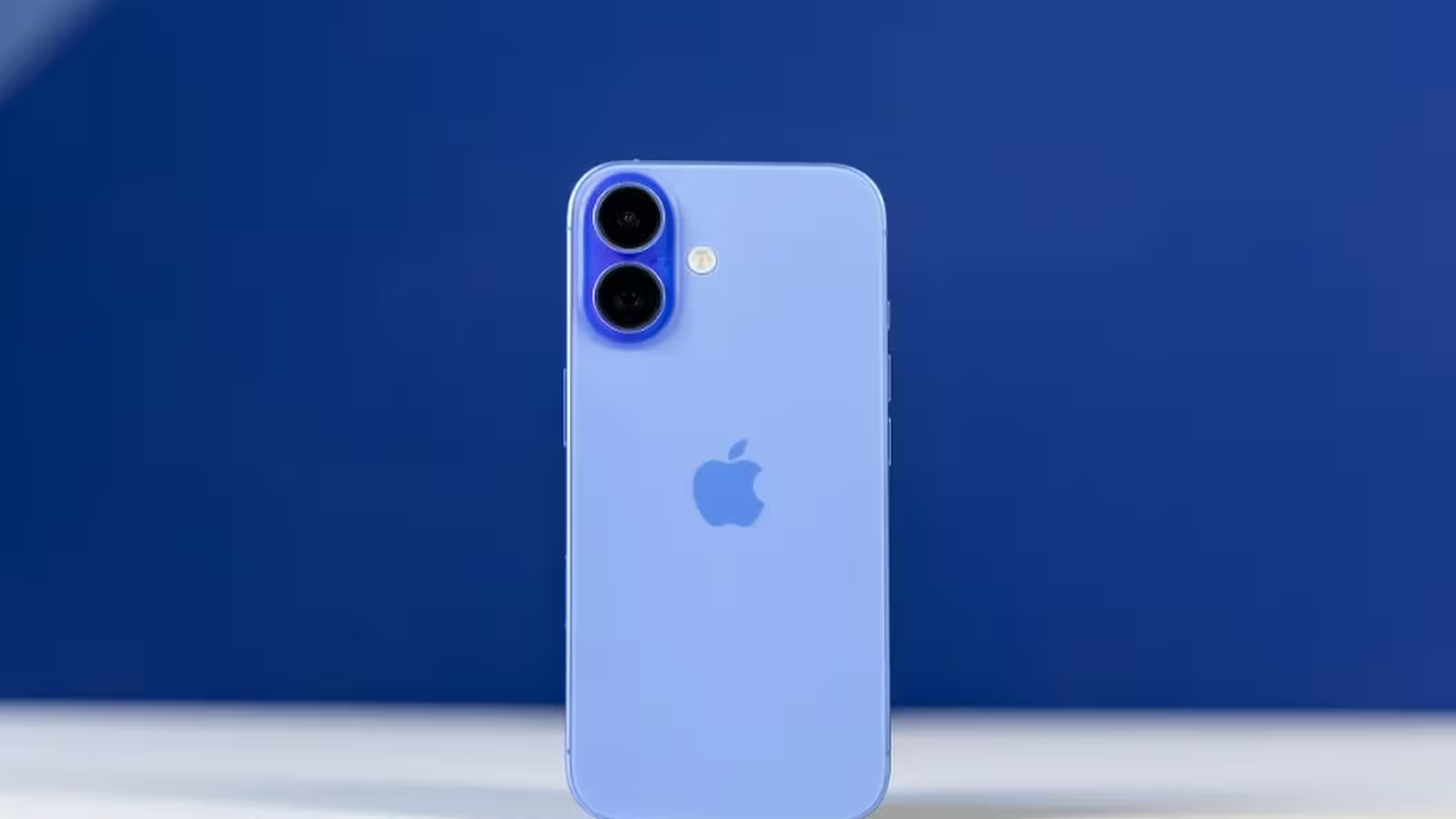3 Minutes
Apple’s Entry-Level iPhone 17 Models Poised for a Significant Display Upgrade
For years, a high-refresh-rate display has been a defining feature of premium smartphones, including Apple’s own Pro lineup. Now, recent leaks suggest that in 2024, Apple could break tradition and bring a 120Hz screen to the base iPhone 17 and the all-new iPhone 17 Air (rumored to replace the Plus model). If these reports prove true, this would mark the first time Apple’s entry-level iPhones match their Pro siblings in display smoothness—ushering in a new era for mainstream iPhone users.
What’s Changing With the iPhone 17’s Display?
Multiple sources have pointed toward the addition of a 120Hz refresh rate panel in the standard iPhone 17 lineup. While users have long enjoyed the fluidity and responsiveness of 120Hz ProMotion displays on iPhone Pro models since the iPhone 13 Pro series debut in 2021, standard iPhones have lagged behind with 60Hz screens.
However, a recent leak from well-known Chinese tipster Fixed Focus Digital on Weibo challenges one key aspect: while the base models may receive a 120Hz display, they might not feature Apple’s adaptive ProMotion technology. That means these panels would operate at a fixed 120Hz refresh rate, rather than dynamically adjusting between 1Hz and 120Hz based on on-screen content.
Technology Behind the Update: LTPS vs. LTPO Panels
The distinction boils down to panel technology. ProMotion relies on advanced LTPO panels, which allow the refresh rate to scale down—an essential trait for preserving battery life and enabling features like Always-On Display. The leak suggests Apple will use LTPS panels in base iPhone 17 models, delivering a smooth visual experience but lacking the adaptive efficiency of their Pro counterparts.
Comparisons, Advantages, and Battery Considerations
While a fixed 120Hz refresh rate promises ultra-smooth scrolling, gaming, and general touch responsiveness for a broader user base, it may come with higher power consumption. As a result, the standard iPhone 17 models could forego battery-saving features like Always-On Display, which depend on variable refresh rates.
For tech enthusiasts and everyday users alike, the prospect of a 120Hz experience at a lower price point is enticing—especially for gaming, video playback, and fast, fluid interactions. However, if maintaining maximum battery life is your priority, it’s worth noting this caveat.
Market Relevance and Industry Speculation
There’s still hope for a full-fledged ProMotion experience across the entire iPhone 17 family. Display industry analyst Ross Young previously indicated that Apple suppliers are ramping up LTPO panel production for all iPhone 17 variants, a claim recently echoed by Korean sources. Should this materialize, Apple’s standard lineup would enjoy both adaptive refresh rates and improved energy efficiency, leveling the display playing field between Pro and non-Pro iPhones.
As anticipation builds ahead of the official iPhone 17 announcement, consumers and industry watchers alike are keenly awaiting confirmation on which display features will make the cut. One thing is clear: 2024 could be a major leap forward for Apple’s baseline smartphones.



Comments